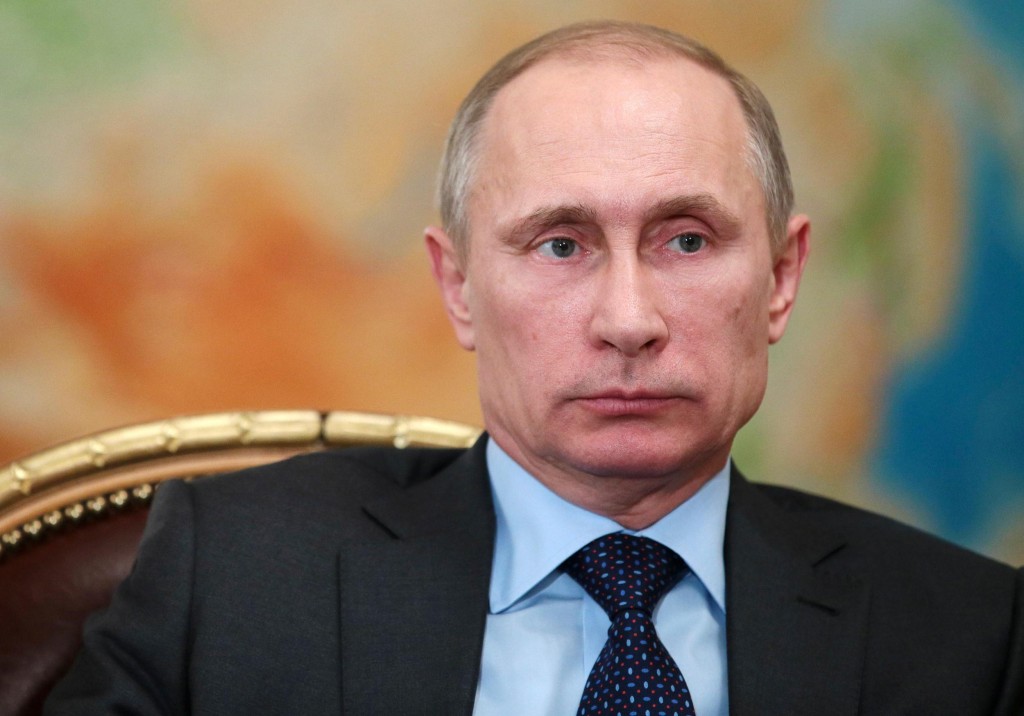It’s quiet on the eastern front – as quiet as a conflict between world superpowers can be. Since February’s cease-fire agreement, relative calm has prevailed in Ukraine and world events elsewhere – Iran and Yemen – have shifted the global focus. Still, the West’s frigid relationship with Russia is no less chilly and antagonism, not cooperation, remains the modus operandi. Long-term, the stalemate looks to continue, but can either side afford such a result? And if not, who cracks first?
The prevailing judgment is that Russia cannot. And at surface level it’s a fair assessment. The Bank of Russia predictsthe economy will contract by between 3.5 and 4 percent in 2015 and by another 1 percent in 2016; the ruble, while stable, is still down approximately 40 percent since June of last year. In all, former Finance Minister Alexei Kudrinbelieves the events in Crimea will cost the Russian economy as much as $200 billion over the next three to four years. The political and economic situation is fraught with grey area however, and no one turns grey to green quite like president Vladimir Putin.
As Putin embarks on his 16th year at the helm – I’m counting 2008-2012 – he faces a situation not too dissimilar from his first year in office: a sluggish economy, falling standard of living, high capital flight, and low foreign directinvestment. Russia’s demographics look good and its equity market is a top pick for 2015, but in the short-term, the country’s macro indicators don’t yield much hope.

